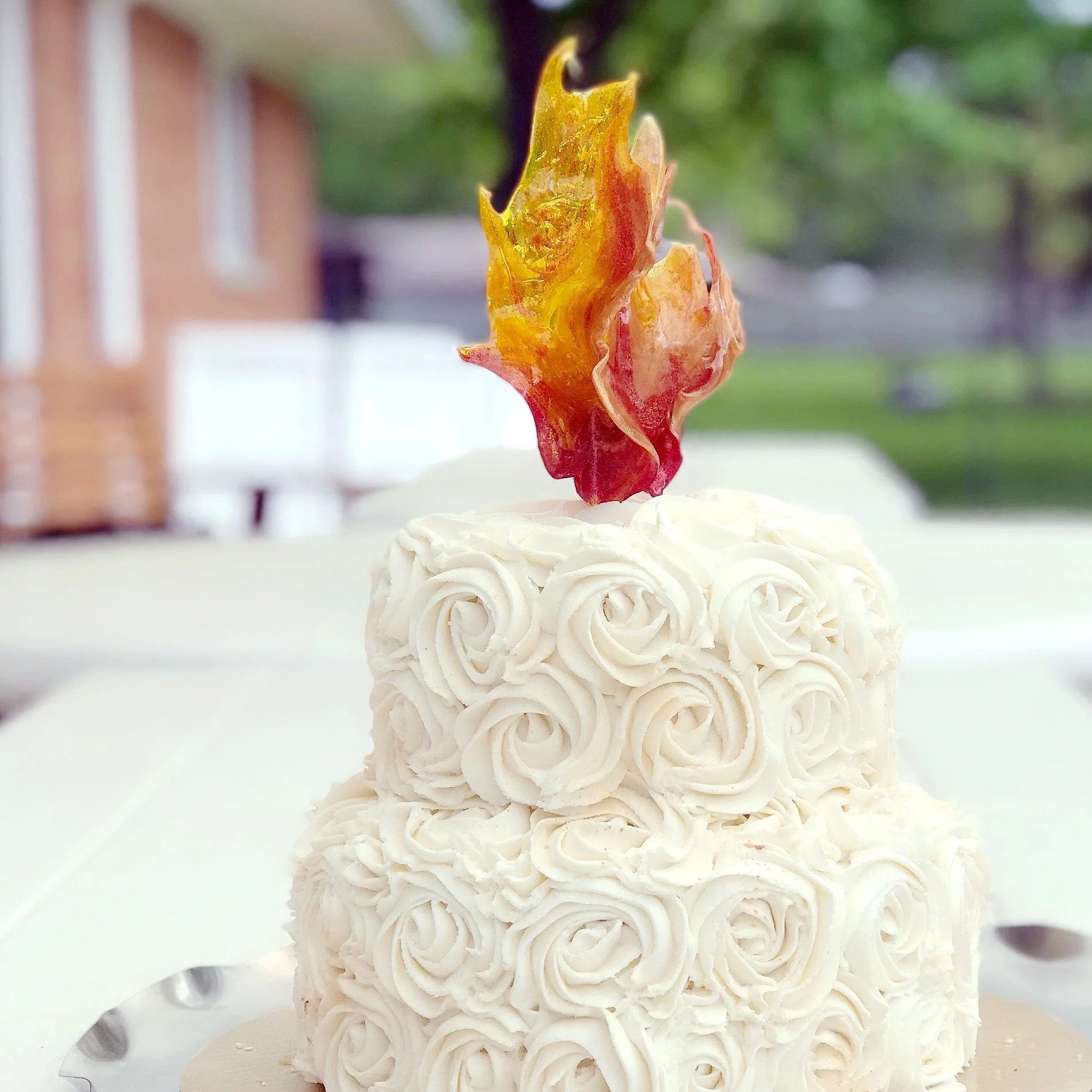How Generalism and Skill Stacking Can Free Your Homeschool from the Tyranny of Perfection
/{This post contains affiliate links. I may receive compensation for purchases you make. More info Here.}
When I began my homeschooling journey as mom/teacher almost 2 decades ago, I had grand plans in mind. My head was filled with visions of dominated spelling bees and prima ballerinas. Because with all that time and ability to focus, why not just become the most amazing human beings possible?
To be fair, what I wanted more than anything was holy, happy, healthy children, and our early years were filled with lots of non-focused play and time with family. I believed that children should have a loving and gentle childhood and didn’t do any formal extracurriculars during those precious early years.
But about the time that my oldest turned 7, we started to get the itch to get him involved with something. That seemed like what we were supposed to do and we chose swimming lessons since water safety is important to us. Several years (and a few more kids) later, we were at the pool 5-7 days a week (sometimes 40 plus total hours if there was a tournament) and traveling to compete. He was winning championship races alongside his younger sister who was at one point ranked #1 in the country in her age group. We had fallen into the trap of specialized excellence; a trap not because excellence is bad, but because we were sacrificing everything else (including some of the most important things) in order to narrowly focus on one goal.
The hard truth is… there isn’t as much at the top as you always think there will be, there will always be someone better, and the losses can often overpower the victory in the long run.
So we replayed that scenario multiple times with multiple kids in multiple ways; burning the candle at both ends and blowing through resources so that they might achieve their goals. And then…
We quit. Cold turkey. Because the price wasn’t worth it.
When I recently picked up the book “How to be Better at (Almost) Everything,” I knew within the first couple chapters that this book was going to resonate with me. The author’s ideas about “generalism” and “skill stacking” as habits of the most successful people not only made sense objectively, but were something that I have observed in the lives of my own children and what I think we were inadvertently living.
Because the kids weren’t spending all of their time on one specialized skill, they were free to develop in other areas of their life. It made them happier, healthier, and better equipped to tackle the later challenges in life. Instead of being exceptionally good at just one or two things, they developed a high level of proficiency in many things.
Author, Pat Flynn, would call that a version of “generalism” and “skill stacking.” I wish that I would have had this book to years ago in order to concretely identify the good of our choices instead of harboring an incorrect notion that we were just directionless. That feeling of “we should be doing something special and amazing at all times” can overpower a homeschool parent’s sense of reason… and this book provides some much needed perspective.
I think many homeschoolers instinctively apply Flynn’s principles and that is really the genius of homeschooling; that we have the time to become excellent at certain specialties while still becoming well rounded. But I also think that deliberately applying his principles can help restore some peace of mind and sanity to homeschool parents thinking they are obligated to mold their child into the next Michael Phelps.
In Flynn’s book, he breaks down generalism and “the principles behind getting better at things” as follows:
Skill Stacking > Specialization
Short-Term Specialization
The Rule of 80 Percent
Integration > Isolation
Repetition and Resistance
Just going over that list after reading the book reminds me that we are doing okay by bucking the specialization trend. In fact, we are doing great.
Before I go further, I want to be clear that this is not a homeschooling book and I don’t know if it has occurred to Flynn that it could be. It’s a book for anyone who wants to be better at anything. It’s for those who have health specific goals or business goals… it applies to everything. That makes it perfectly suited to the homeschooler since the homeschooler really is about embracing general excellence in personal education and formation.
This is not about how to be mediocre at everything, but about how to be great at a lot of things!
Flynn writes:
“Simply put, it is better to be better (than most people, at most things) than to be the best at any one thing. Skills in combination are more powerful than individual skills by themselves, even if they aren’t fully developed.”
I know this through my own life experience but it is tougher as parents. When we pulled our wildly talented kids out of swimming, people thought we were nuts; they were angry that we were ruining their chances at scholarships and “throwing away” their talent. Since then, we’ve quit a number of things for similar reasons to the reasons we stepped away from competitive swimming. We had to… because our kids natural abilities inevitably put them on the hyperdrive track of success in many things they tried. And the culture of youth activities is often, frankly, insane and unhealthy.
I confess that it sometimes felt like we were stacking failures. Perhaps if I had been able to read a book like this years ago, I would have been consoled. I would have seen that my children were actually collecting successes, not abandoning them. They were practicing short term specialization, not failing at excellence. And I would have seen more clearly that their hodge podge of experience was not a mess… but an adventure in skill stacking.
As I read through the book, I was excited to make these positive associations with what have been some difficult choices. And I am also excited going forward to apply the principles in a more deliberate way; with less hand-wringing over what we might be missing out on by not being specialized in one thing.
One thing I loved about this book was that although it is written in a funny and casual style, the heart of the message is intelligent and deep. And as the book progresses, there is an almost palpable energy felt from the author that builds toward the end — youthful in the healthiest way — as if he’s just bursting to tell the reader about the discoveries he has made about the most important things in life and love and eternity.
Although the book is written for a broad audience (including the 18K followers he has on his YouTube fitness channel!), I wasn’t surprised to find out later that it was written during his conversion to Catholicism. His joy of philosophy and references to St. Thomas Aquinas… those were tip-offs… but I guess the undercurrent of joy was the real telltale sign.
One of the best parts of the book is his discussion on the Freedom of Excellence where he turns the subject of self-discipline from “you can’t have the doughnut” into LOOK WHAT YOU CAN HAVE! He injects youth and delight into a subject most people ignore as the killjoy of life.
He also really hammers home in a fun way a fundamental principle of my healing journey: It’s the little choices which make the difference over the long haul. And the short term sacrifice produces the most incredible dividends. If we can’t be the best in the world at one thing, we can still be the very best version of who God made us to be. That journey doesn’t have to be dull. And it doesn’t have to look at all like the world expects it to look.
You can buy “How to be Better at (Almost) Everything” HERE.
You can visit Pat Flynn’s blog HERE at Chronicles of Strength.
And you can also visit his lovely wife’s blog about Catholicism and life HERE at The Catholic Mama.
**One final note for all the homeschooling moms like me who love to pass all their self-improvement books on to their kids: Flynn does include a quote at the beginning of chapter 2 which includes an F-bomb… and a couple other references which are not young kid friendly. So if you’re kids are precocious enough to read self-improvement books at a young age (mine have been), then take note.











































